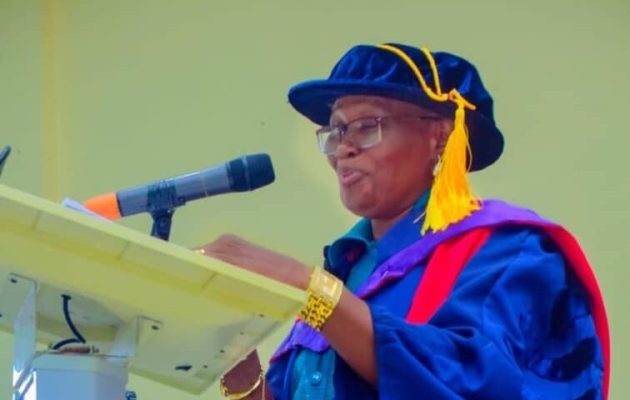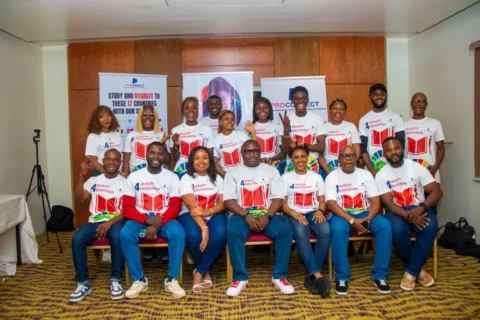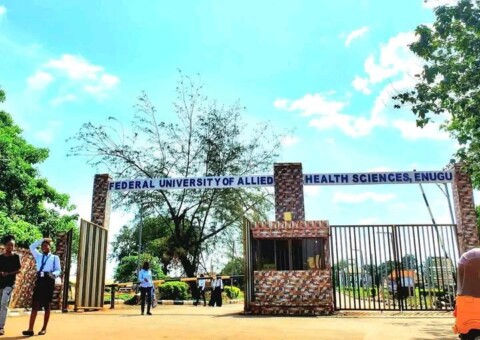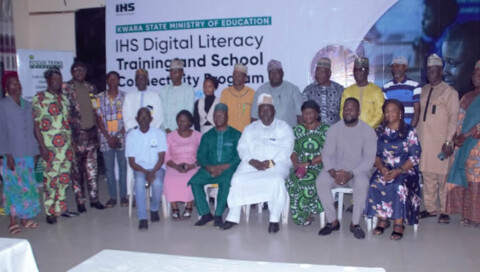A Professor of Media and Educational Technology at Ajayi Crowther University, Oyo State, Ronke Ogunmakin, has called on the Nigerian government to enhance teaching and learning resources across all levels of education.
Delivering the 21st inaugural lecture of the institution, Prof. Ogunmakin, who also serves as the Dean of the Faculty of Education, emphasised the need for improved infrastructure and structured pedagogy to support quality teaching. She said the quality of education is rooted in the availability of well-trained teachers, adequate teaching resources, and effective pedagogical practices that benefit students and the wider educational system.
Focusing on the lecture titled “The Message Delivered in a Multimedia Context for Teaching and Learning,” the scholar highlighted how multimedia tools can improve student engagement, promote interactive learning, and cater to diverse learning styles. She noted that such technologies have the potential to enhance academic outcomes significantly when properly integrated into classroom instruction.
Prof. Ogunmakin, who has over four decades of experience in media and education, stressed the importance of continuous training for teachers to effectively use multimedia tools and incorporate them into their teaching strategies.
Her lecture came shortly after the release of troubling results from the Teachers Registration Council of Nigeria (TRCN), which revealed that over 4,169 teachers across the country failed the 2025 Batch ‘A’ Professional Qualifying Examination. The development has sparked concerns among education stakeholders, many of whom view it as a sign of deep-rooted challenges in the country’s teacher training and education quality.
In her presentation, the professor urged the government to prioritise clear learning objectives and adopt appropriate technologies for content delivery. She also addressed the infrastructure gaps in rural areas, suggesting solutions such as solar and micro-hydro power systems to ensure consistent electricity supply.
She stressed the importance of using multimedia to promote inclusivity in education, particularly for disadvantaged and socially excluded groups, including learners with special needs.
Prof. Ogunmakin also recommended upgrading the bandwidth and capabilities of major online education platforms, especially the National Education Research Network for Educational Resources and Public Service, to accommodate millions of simultaneous users.
She further proposed partnerships with telecommunications companies and online service providers to enhance digital security and support a blended learning approach. According to her, the use of sustainable technologies in both emergency and post-emergency contexts is essential for ensuring uninterrupted learning for students nationwide.





